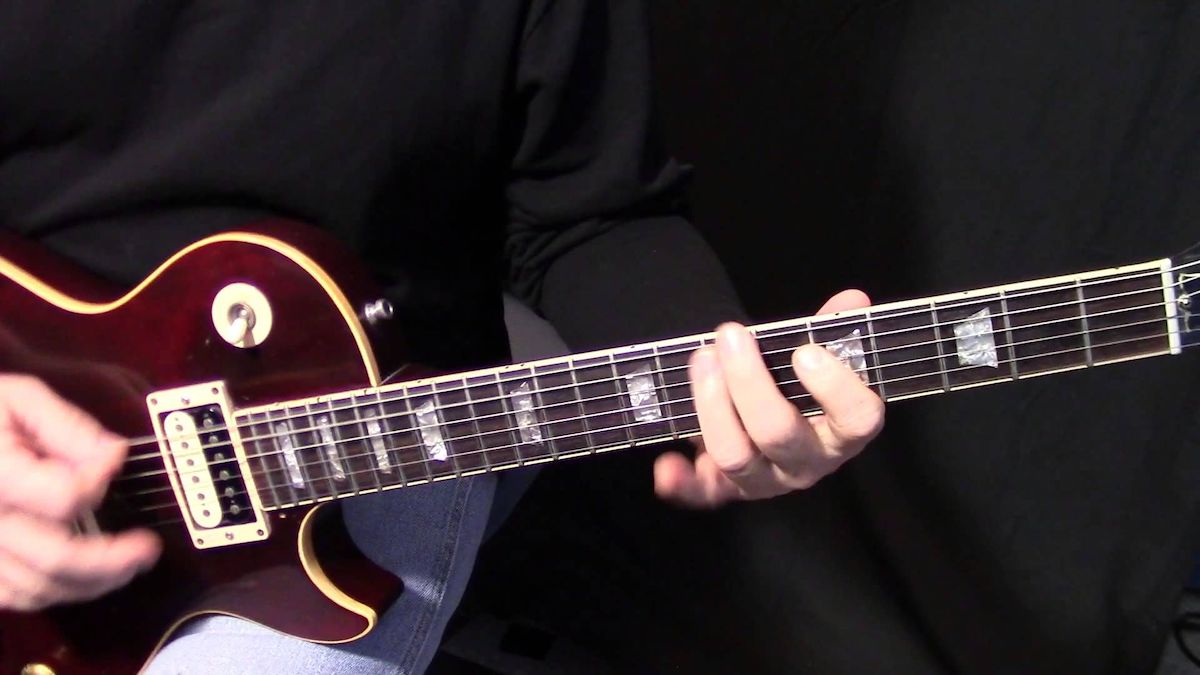Music is here to help us express what words cannot convey. The decision to start playing an instrument is one of the best things one person can do in life. The benefits are immeasurable – it can be just a simple fulfilling hobby or even an important stimulation for personal development. However, what some people might not realize is that music is more complex than it seems at first. In fact, to fully understand the theory behind it, one would need to dedicate a significant portion of their time to study it. And whatever is the instrument of your choice, it is of absolute importance that you start learning music theory as soon as possible.
While there are some pretty divisive opinions on the topic, it is a fact that you can only benefit from having this knowledge. You’d be surprised by how many musicians, of all the different genres and backgrounds, actually studied it. In fact, some of the most famous rock stars who skipped on the music lessons earlier in their lives decided to take on the lessons later in life. Needless to say, their songwriting, arranging, performing, and improvisational skills improved significantly.
So it’s pretty clear – learning music theory is of absolute importance. Here, we will get more into some of the details and how it all can benefit your development as a musician.
Learning music theory: A better understanding of what you’re doing
First, when covering the basic concepts of music theory, one is sure to get a better grasp of the music they’re playing. Whatever your instrument of choice is, knowing what’s actually going on is extremely important. For instance, this is exactly what differentiates bad-sounding from good-sounding bands. Each of them will understand how everything is supposed to be played in order to sound good for the audience. Which is, in the end, the whole point of performing in front of people.
Sight-reading and playing by ear
But with this said, it’s important to know how to implement music theory in practice. One of the examples is knowing how to sight-read. If you want to become a professional musician, that usually requires performing a written piece on the spot, or even transcribe it while reading it. Of course, this would be impossible without the proper knowledge of music theory.
Another thing you’ll be better at is playing by ear. When it comes to writing processes and studio work, time is of the essence. You can’t ask for someone to give you the guitar tabs or sheet music of this new piece. You need to know how to play a melody or chord progression on the spot as soon as someone shows it to you. By knowing music theory and its basic and advanced concepts, this becomes significantly easier to do. Of course, this also means you will need to practice. But it is still a completely different ballgame from just mechanically playing already written stuff.

Learning music theory can significantly improve your songwriting and arranging skills
Arguably the biggest benefit music theory knowledge can bring is better songwriting skills. This is where you’ll completely implement all of these new concepts in practice. When writing new music, one must always bear in mind the emotion they want to convey. With modern music, you can know which emotions are induced using specific combinations of notes and chords.
In order to further enhance these musical pieces, what you’ll need to think about next is the arrangement. Knowing how to properly arrange a piece that you’ve written can mean the world of difference. The perception of any song changes when you use different chord inversions, rhythmic patterns, or any other elements.
Improvisation
Improvising a lead section over a chord progression is way more complicated than one might think. You always need to consider the song’s style, the context, and what you’re trying to convey with your solo. It’s about hitting the right “spots” with the right combination of notes over the set chord progression. Contrary to some popular beliefs, it’s far from just playing random notes.
The concept of improvisation is somewhat advanced. However, you can always start with simpler examples like the pentatonic scale over 12 bar blues, and then further expand your knowledge. But once you get things right, there’s nothing that can stop you from making some of the best lead sections.
Will music theory harm my creativity?
There’s one major misconception about music theory these days – many inexperienced musicians think that it can limit your creativity. This, however, can’t be further from the truth. Yes, things might feel a little forced while you’re just learning new scales, modes, and chords. But once you get a hang of them, you’ll know exactly how to use them in order to write and perform great music.
Try and look at it this way: music theory should not be your master, but rather a tool that helps you in your creative process. As already mentioned above, knowing what certain chords and combinations of notes do is essential when writing and performing music.
Conclusion
We could go on for days and bore you with all the reasons why you should learn at least the basics of music theory. But the point still stands – it’s one of the first things you should focus on in your musical journey. The sooner you start learning, the higher the chances are that you’ll become a good musician. And no matter how hard everything may seem at first, you should never be discouraged to learn more about it.
Image source: Pinterest